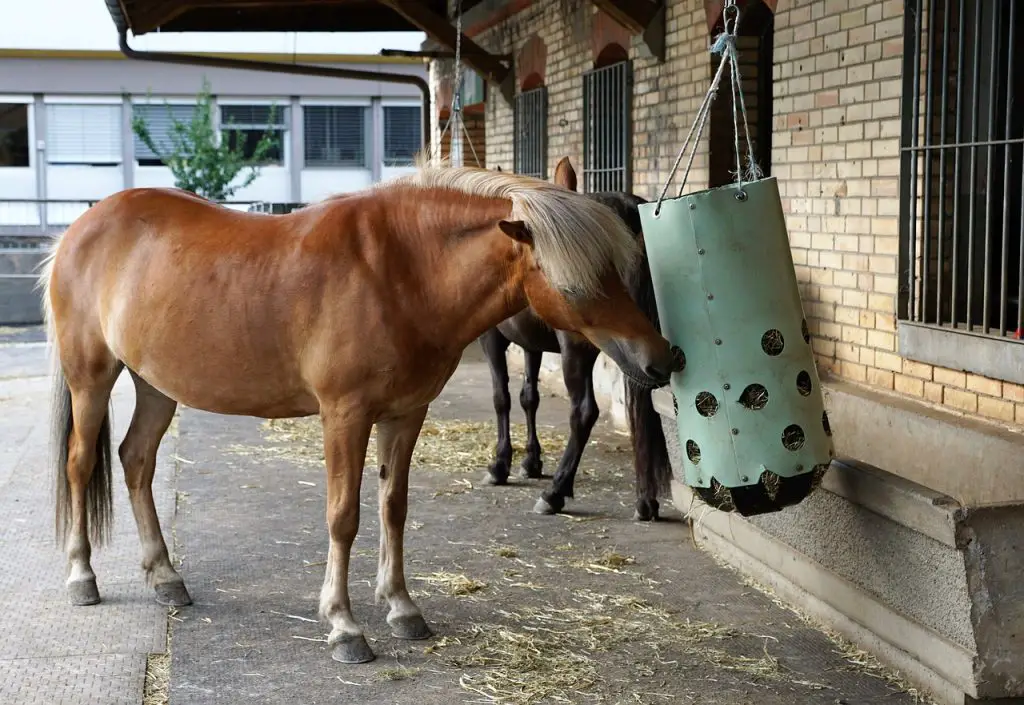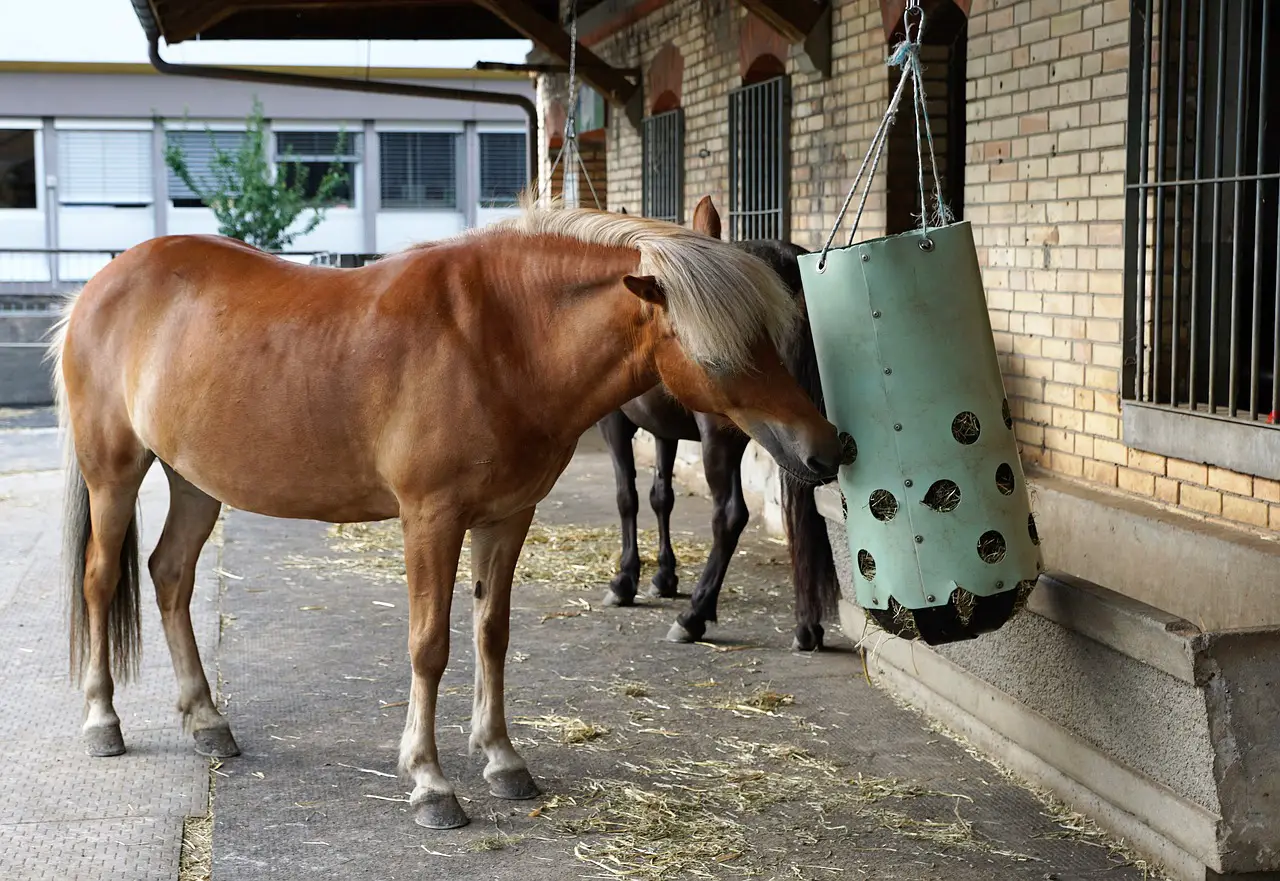Last Updated on April 15, 2022 by Allison Price
What is botulism?
Botulism, one of the most dangerous toxins known, is caused by ingestion. Botulism can affect any mammal, but horses are the most vulnerable. Botulism can also affect foals and adult horses (called “shaker foal syndrome”)
What are the clinical signs and symptoms of botulism?
The amount of toxin consumed will determine the severity of your symptoms.

- Flaccid paralysis, which is weakness with decreased muscle tone, is the main sign. It may appear as a stiff, stiff gait, but it can progress to muscle tremors and weakness. Finally, there is recumbency (inability of rising).
- Horses with severe conditions may spend more time lying down.
- Paralysis can also be seen in the tongue and eyelids. The blink will become weaker and the pupils will appear dilate if you look closely at them. Horses often have difficulty chewing and swallowing. The horse’s tail tone will also decrease.
- Issues with colic and bladder paralysis can occur when the horse is in a recumbent position.
- Horses may eventually die from paralysis of their respiratory muscles.
- It is important to remember that this disease will not be confused with other neurologic disorders. The horse’s mentation will remain normal. They will be alert to their surroundings and want to eat.
What causes botulism
Botulism is caused by toxins from the bacteria Clostridium Botulinum. There are eight types of botulism, each with toxins of different potency. Horses are most commonly affected by Types A, C, and B. There are three ways that horses can contract disease. Feed contaminated by bacteria or containing toxin is the most common way horses can contract disease. This could be from feed that has been spoiled or feed that has been contaminated by a carcass of an animal. Ingestion of bacteria can cause them to contract disease. The bacteria then sporulates in the GI tract, releasing toxin into the animal. Type B toxin is responsible for this more common occurrence in foals. Botulism can occur in horses very rarely if there is a contamination of the wound with bacteria. The toxin acts at the junction of nerves and muscles, so the muscles don’t contract as they should. This is called “flaccid paralysis.”
Is it possible for a horse infected to spread botulism?
No. Botulism can only be contracted by ingestion of or infection of wounds. It cannot be transmitted directly from horse-to-horse or horse-to-person.
How can I stop my horse getting botulism?
Avoid feeding any grain that has been spoiled or any feed containing animal carcasses (rats and birds, squirrels, etc.). Avoid feeding silage and haylage to horses, as it could contain Clostridial organisms if it is not properly fermented. If the plastic wrap is damaged, do not feed hay from plastic-wrapped bales. Type B is the only type of botulism that can be vaccinated. To reduce the risk of “Shaker Foal Syndrome”, this vaccine is only available in certain areas (central Kentucky and the mid-Atlantic). Mares should be vaccinated in a 3-dose series within the last three months of pregnancy. This vaccine is ineffective against other types botulism.
How does botulism get diagnosed?
Botulism can be diagnosed using clinical signs and known risk factors. Botulism is not diagnosed by blood tests. A grain test is a simple way to diagnose botulism in horses. A normal horse should be capable of eating 8 oz. of grain in 2 minutes. Botulism may indicate if the horses take longer to eat, particularly if there are other symptoms such as weakness or recumbency. It is possible to culture the bacteria from the feces of foals more often than in adult horses. A post-mortem examination will not usually reveal anything abnormal if the horse dies. To confirm the diagnosis, the contents of the gastrointestinal tract may be tested for toxin.
What happens if my horse develops botulism?
Call your veterinarian immediately if you suspect your horse might have botulism. Keep your horse calm while you wait. As they quickly exhaust their energy, you don’t want to let affected horses go any further than necessary. The antitoxin is a drug that has proven to be beneficial in improving survival rates over the years. Antitoxin works by binding to any remaining toxin in the bloodstream. Antitoxin cannot be used to remove the toxin from nerve cells once it has bound. Antitoxin cannot reverse the clinical signs. It is best to give it as soon as possible. Botulism is rare in Florida and expensive antitoxin. Most veterinarians don’t keep it in stock. Retired horses should be given nursing care to prevent eye infections, sores on the skin, and pneumonia. If necessary, foals can be placed on mechanical ventilation at the University of Florida Large Animal Hospital.


